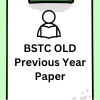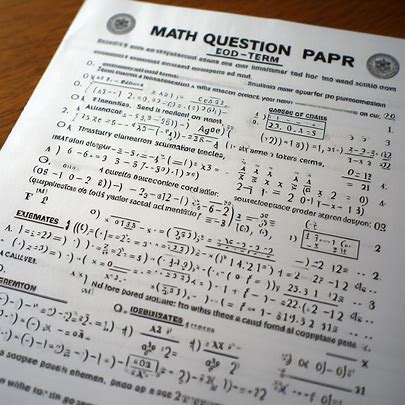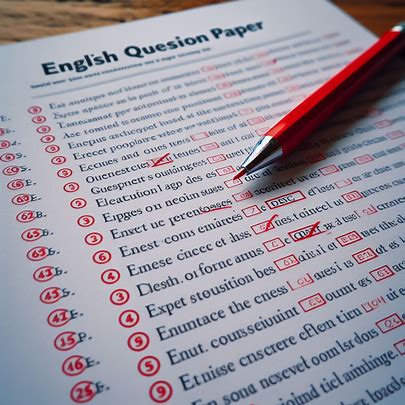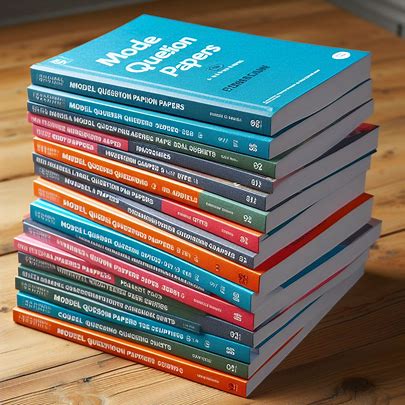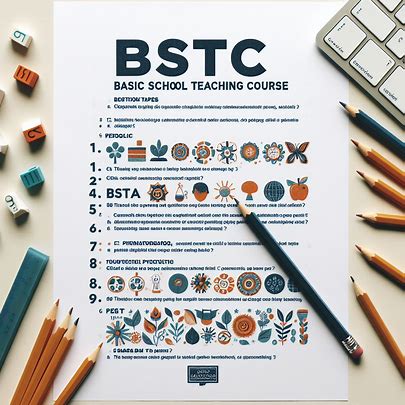EPS Question Paper: A Comprehensive Guide
Table of contents
Introduction
The EPS TOPIK (Employment Permit System Test of Proficiency in Korean) is a crucial examination for foreign workers aspiring to work in South Korea. It assesses their Korean language proficiency and understanding of work-related topics. In this blog, we’ll explore the EPS question paper, its structure, and provide valuable insights for test preparation.
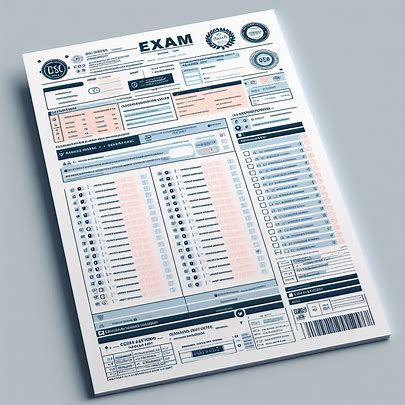
What is the EPS?
The EPS is a Korean language proficiency test designed to assess the basic communication skills needed for working in a Korean workplace. It’s administered by the Human Resources Development Service of Korea (HRD Korea) and is mandatory for most foreign workers applying for EPS visas.
Understanding the EPS Question Paper
The EPS exam consists of two sections: Reading and Listening. Each section carries 50 points, making the total score 100. Here’s a breakdown of the EPS question paper format:
- Reading (40 minutes): This section typically includes 20-25 questions testing your ability to comprehend various workplace-related texts like emails, notices, safety instructions, and advertisements.
- Listening (20 minutes): This section features 20-25 questions based on short dialogues, announcements, and workplace conversations.
Types of EPS Questions
Both Reading and Listening sections incorporate a variety of question formats to gauge your understanding.
- Multiple Choice: Select the answer that best fits the information presented in the text or dialogue.
- True/False: Decide whether the statement aligns with the content.
- Matching: Match descriptions with corresponding phrases, words, or images.
- Short Answer: Briefly answer questions based on the passage or dialogue.
Effective Strategies for Tackling EPS Questions
Conquering the EPS requires focused preparation.
- Familiarize Yourself with the Format: Download sample EPS question papers from official sources like HRD Korea’s website or reputable Korean language learning platforms. Analyzing past papers gives valuable insights into the question styles and difficulty level.
- Build a Strong Korean Vocabulary: Focus on workplace-related vocabulary relevant to your chosen field. Utilize vocabulary flashcards, online resources, or Korean language textbooks that cater to the EPS curriculum.
- Practice Active Listening: Immerse yourself in Korean audio content like Korean workplace podcasts, news reports, or short dialogues on YouTube. This enhances your listening comprehension and ability to grasp spoken Korean in a fast-paced environment.
- Develop Reading Comprehension Skills: Read Korean articles related to your field of work, or general news articles written in simpler Korean. Underline key points and practice summarizing the information you read. This builds your stamina for longer texts in the exam.
- Time Management is Key: Practice completing sample EPS question papers under timed conditions. This helps you develop a strategy for approaching different question types within the allotted time frame.
Structure of EPS TOPIK
- Reading Section:
- The reading test consists of 480 questions. It evaluates your ability to comprehend written Korean.
- To prepare, download the EPS TOPIK Reading Question Bank:
- Part 1
- Part 2 & Answers
- Practice solving questions from these banks to familiarize yourself with the patterns.
- Listening Section:
- The listening test comprises 960 questions.
- Strengthen your listening skills by using the EPS TOPIK Listening Question Bank:
- Download Listening Question Bank
- Answers and Script
- Audio Files
- Work-Related Test (Special EPS TOPIK):
- For specific jobs (machinery, metal, electronics, etc.), there’s an additional test.
- Download the EPS Work-Related Question Book:
- EPS Work-Related Question Book
- Answers
FAQs
- What is EPS TOPIK?
- EPS TOPIK is a Korean government test for selecting foreign workers.
- Successful candidates can apply for jobs in manufacturing, construction, fishing, and agriculture industries.
- How can I prepare for EPS TOPIK?
- Study standard EPS TOPIK textbooks (available for free).
- Solve questions from the provided question banks.
- Practice grammar and vocabulary extensively.
- Where can I find EPS TOPIK study materials?
- Download textbooks and question banks from the links mentioned above.
- Are there any differences between UBT (paper-based) and CBT (computer-based) EPS-TOPIK formats?
- The overall structure and question types remain the same. However, the CBT interface might differ slightly in terms of navigation and answer selection compared to the paper-based version.
- How much time should I dedicate to preparing for the EPS-TOPIK?
- The preparation time varies depending on your current Korean language proficiency. Aim for at least 3-6 months of dedicated study, incorporating practice tests and question banks.
- Can I pass the EPS-TOPIK without formal Korean language training?
- While technically possible, it’s highly advisable to invest in some form of learning, like textbooks, online courses, or private tutoring.
- What is the passing score for the EPS-TOPIK?
- There’s no fixed passing score. The required score varies depending on the specific job category and industry you’re applying for.
- Where can I find information about specific job categories and required scores?
- Consult the official EPS website or contact the relevant Korean embassy or consulate in your country.
Conclusion
The EPS is a gateway to exciting career opportunities in South Korea. With dedicated preparation and a good understanding of the question paper format, you can confidently approach the exam and achieve your desired score. Remember, consistent practice and effective study strategies are key!

